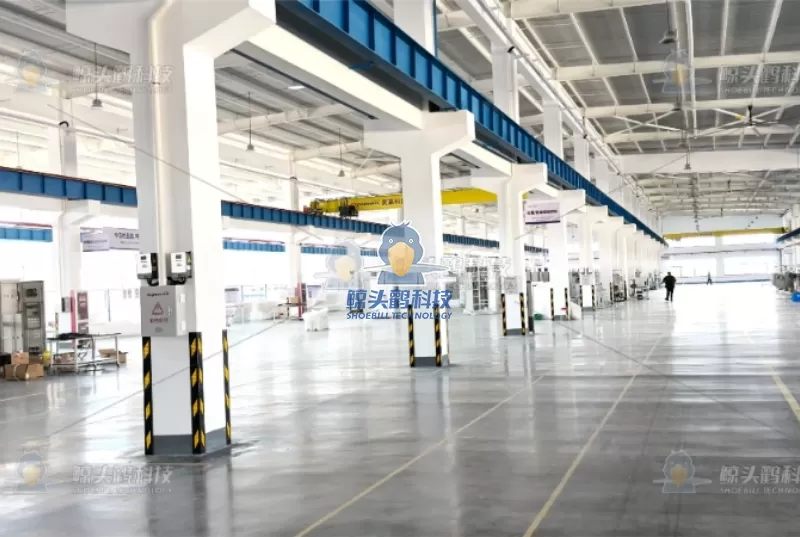Why settle for less when you can optimize waste management with a stepped hearth incinerator? This innovative solution efficiently reduces waste while minimizing environmental impact. Designed for various industries, the stepped hearth incinerator offers superior combustion efficiency and lower emissions.
Its unique design allows for better airflow and heat distribution, ensuring complete waste breakdown. Users benefit from reduced operating costs and compliance with strict regulations. Whether you're managing industrial waste or municipal refuse, this technology is a game changer. Discover how the stepped hearth incinerator can transform your waste disposal process and contribute to a cleaner environment.
Key Takeaways
-
Stepped hearth incinerators are designed for efficient waste management, making them a valuable option for industries looking to reduce their waste footprint.
-
Understanding the design and functionality of these incinerators can help users optimize their performance and ensure they meet specific waste disposal needs.
-
The benefits of using stepped hearth incinerators include improved capacity and efficiency, which can lead to cost savings in waste management operations.
-
Regular maintenance is crucial for the longevity and efficient operation of incinerators; following the provided guidelines can prevent costly repairs.
-
Compliance with regulatory standards is essential; staying informed about local regulations will ensure safe and legal operation of your incinerator.
-
Addressing common questions and concerns about stepped hearth incinerators can enhance user confidence and improve overall operational effectiveness.
Overview of Stepped Hearth Incinerators
Purpose
Stepped hearth incinerators serve a crucial role in waste management. These systems efficiently reduce waste volume through high-temperature combustion. They operate by breaking down organic materials, making them suitable for various types of waste. The design allows for continuous incineration processes, which means they can handle waste without frequent shutdowns. This efficiency is vital for both environmental protection and resource recovery.
KMB 5000 Model
The KMB 5000 model stands out as a leading option in the market. It is designed for both communal and individual cremations. This high-capacity incinerator offers advanced features that enhance its performance. Its stepped hearth design ensures optimal airflow and heat distribution. This results in a more effective combustion process. The KMB 5000 also meets strict air quality standards, making it an excellent choice for modern facilities.
Air Quality Standards
Meeting air quality standards is essential in any incineration cycle. Incinerators must minimize emissions to protect public health. The stepped hearth design helps achieve complete combustion. This reduces harmful pollutants released into the atmosphere. Secondary chamber burners further assist in this process by ensuring that any remaining gases are burned off completely.
Components
Several key components contribute to the effectiveness of stepped hearth incinerators:
-
Primary combustion chambers: These are where the initial burning occurs.
-
Hearth refractory: This material insulates the furnace and withstands high temperatures.
-
Secondary chamber burner: It ensures thorough burning of gases after the primary phase.
These elements work together to create a sophisticated incineration machine capable of handling various waste types.
Training Personnel
Training personnel is critical for effective operation and safety. Operators must understand how to manage the equipment properly. They should be aware of the operational limits and maintenance requirements. Proper training enhances safety and efficiency during the incineration cycle.
Applications
Stepped hearth incinerators are versatile. They can be used in different settings, including hospitals and municipalities. Their ability to handle general waste makes them suitable for various applications. Facilities benefit from reduced waste volume while adhering to regulatory standards.
https://www.hrincinerator.com/product
Yixing Huarui Incinerator Technology Development Co., Ltd.



More Stories
Enhancing Efficiency and Precision with Single and Double Station Winding Machines
Solar Panel Tracking Mount: The Complete Professional Guide to Maximizing Solar Energy Efficiency
Key Features to Look for in a Single-Acting Scotch Yoke Pneumatic Actuator + Bevel Gear